
Of all the things we dreamed of while imagining fulltime RV life, being medevaced from Yellowstone National Park to a hospital in southern Idaho was not one of them.
Nor was finding a dentist in the middle of upstate New York.
Nor was ending up in a walking boot to repair a sprained ankle in Florida.
Alas, while we did not dream of any of these things, we did have to deal with them. Fortunately, we were able to navigate these challenges as we went, but I’d be lying if I said any of it was fun.
However, looking back, we learned some valuable lessons about obtaining medical care on the road and they are things worth sharing with our fellow travelers.
Get The Good Insurance
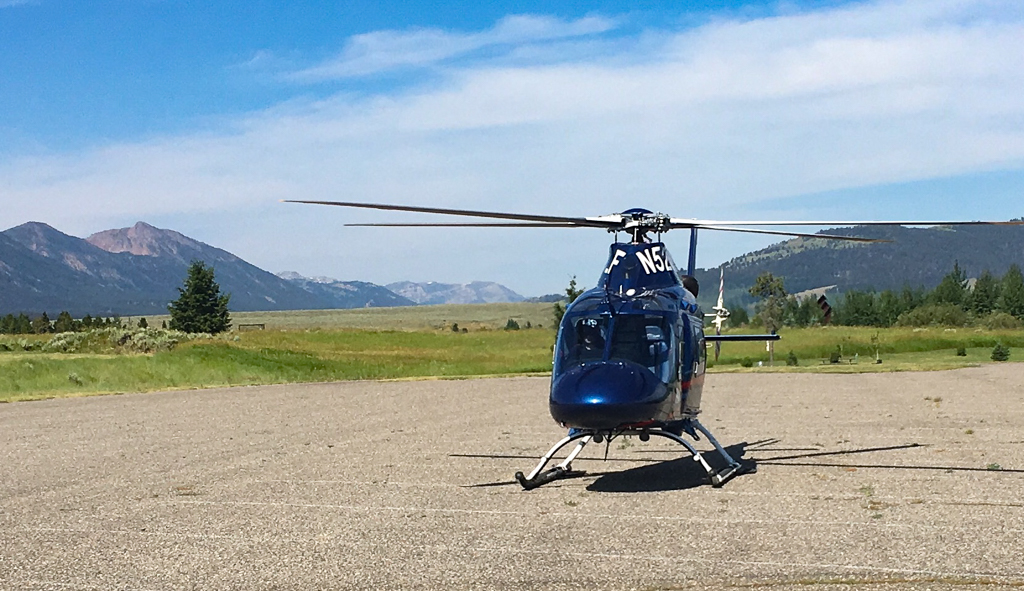
Insurance is expensive, complicated, and, at times, frustrating. It can be tempting to just sign up for a limited plan with a small company, but we’re here to tell you, that can be risky. How risky? How does a $42,000 bill sound?
That was the cost of the helicopter flight my husband and I took from Northern Idaho to Southern Idaho when he suffered a cardiac-related event during our visit to Yellowstone National Park. Turns out, the only medical facilities close to Yellowstone are small clinics that can handle minor injuries, but not significant emergencies. Anyone needing serious assistance is taken to Idaho Falls, either by ambulance – a two-hour drive – or one of the private medical helicopter companies that service the area. Given the seriousness of my husband’s situation, there wasn’t much choice and onto the helicopter we went.
No one asked who our insurer was and no one called to make sure the particular helicopter company who responded would be in our insurer’s network.
Fortunately for us, we had a nationwide plan with Blue Cross/Blue Shield. BC/BS is huge and they cover just about every doctor, health facility, and secondary care provider out there, so they paid the bill with no fuss, but we shudder at the thought of what could have happened had we gone with a different provider.
When I say get “the good insurance,” what I mean is, a nationwide plan (meaning you have full coverage no matter where you travel), from a large, well regarded insurance company, with a big network of providers. As a general rule, PPOs and EPOs are a better option for travelers than HMOs (which, generally, restrict non-emergency coverage to a particular region.)
We had another out of state emergency in 2016 when I broke my leg and needed surgery and 8 weeks of physical therapy to get back to normal. Again, we were fortunate to have comprehensive out-of-state coverage. All of my doctors and therapists were in network, I didn’t have to get pre-authorization for any services, and, most importantly, because I had an EPO with nationwide coverage, there was no discussion about me having to go back to my home state for treatment. BC/BS just paid the bills and let me focus on getting better.
When these disasters happen, the last thing you want to do is fight with an insurance company, rearrange your travel to get back to your resident state, or worry about whether your bills are going to be paid.
Our advice is to purchase the most comprehensive insurance coverage you can find on the biggest network available to you. It is crucial to spend the time to research and understand your health insurance options and to consider your insurance a topline item in your budget. It is not the place to skimp. t
Use Urgent Care and Walk-In Medical Clinics
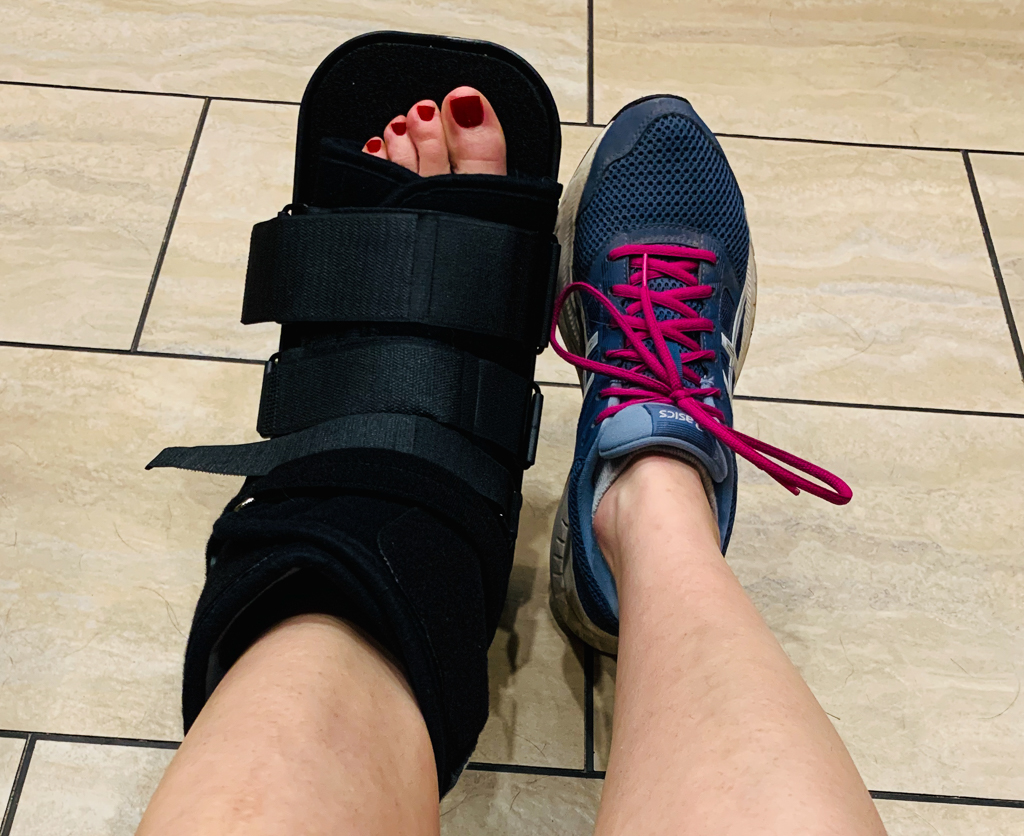
Several months back, I sprained my ankle while jogging. When it didn’t respond to home treatment and I couldn’t get a quick appointment at a local doctor’s office, I visited a CareSpot Urgent Care in Florida (CareSpot is a chain with locations in eight states). In the course of an hour, they gave me a physical exam, took X-Rays, and fitted me with an orthopedic boot. The front desk also provided me with a local orthopedic referral should the issue not improve.
Urgent care facilities and walk-in medical clinics are popping up everywhere these days and can serve as convenient source of medical care for those of us who live on the road. What’s the difference between the two?
Urgent care clinics generally provide treatment for more significant, but non-life-threatening illnesses and injuries. These clinics will usually have specialized diagnostic capabilities onsite (X-Ray machines and laboratories), they’ll have a Medical Doctor on staff, and they’ll be able to handle more serious issues – broken bones, lacerations, and respiratory issues. Think of them as a step below a hospital Emergency Room.
Walk-in medical clinics, on the other hand, typically provide care for less pressing medical issues. They are usually staffed by nurse practitioners and physician assistants and will have less specialized diagnostic equipment on site. These facilities are perfect for minor injuries, allergic reactions, viruses, infections, and immunizations. There are numerous healthcare companies operating stand-alone retail clinics across the country. Alternatively, many pharmacies and big box retailers are now offering walk in medical care within their stores. For example, CVS operates its MinuteClinics in 1100 stores in 33 states and Walmart has been opening walk in clinics in some of their stores.
Importantly, as a general rule, urgent care facilities cost more than walk-in clinics, so it’s best to do some research, assess your needs, and check with your insurer before choosing which option to visit.
Consider Tele-Health Companies
Another option that seems tailor-made for RVers, is telehealth or telemedicine. These programs allow you to meet with a healthcare provider via your computer or cell phone from the comfort of your home. Once connected to your online doctor, you can discuss your symptoms, they can suggest treatment, and call in prescriptions.
You can use these services on an as-needed basis, or establish a longer-term relationship with a particular company.
For example, companies like CVS and Doctor on Demand offer individual telehealth appointments to be paid for individually.
Alternatively, you can sign up with a telehealth company like Teledoc, where, for a monthly fee you’ll receive guaranteed access to a licensed provider ready to assist any time you need it, as often as you need it. These companies, typically, will hold onto your records and try to provide ongoing care, akin to your regular doctor.
This is another area where it is worthwhile to check with your insurance company first. Many insurers are now offering telehealth services as an included benefit of their health plans. And, as a result of the Covid-19 pandemic, some insurers are even waiving co-pays for these calls – whether the calls are related to the virus or not. Insurers simply want to encourage their customers to use telehealth services rather than in-person appointments.
Make an Annual or Biennial Pilgrimage to Your Home Base to Meet With Your Providers
Many people assume that once they head out on the road, they will have to abandon their doctors. We don’t think that has to be the case and we’ve made a point of keeping our doctors. While it may seem like a hassle to go “home” once a year or every other year, it’s often much less stressful than starting over with new doctors.
Like so many things, communication is key. We made sure to explain our situation to our doctors before we left, so they wouldn’t be surprised if we called them from the road. In return, when we’ve needed advice, we’ve been able to call or email them, and they’ve been happy to help us out.
Of course, the longer you’ve had a relationship with your doctor, the better, and you DO need to go see them on a regular basis, but we’ve found it much better to make that effort, rather than starting over with new providers.
Find a Local Medical Provider
In the event you do need a local doctor, and you don’t know anyone who can provide you a recommendation, the first place to start is your insurance company’s website. They should have a listing of covered providers. Once you have some names, you can start researching them on the internet.
While it may seem strange to read reviews of doctors and dentists on Google and Yelp, we have had good success with finding competent providers.
Get Your Medications Via Mail

If you take any prescription medications, try getting your medications through your insurance company’s mail order service.
First, we have found that the prices for mail order are cheaper; second, oftentimes you can order a 90 day supply rather than the 30 day supply you’re sometimes limited to at retail locations; and third, you don’t have to worry about finding the right brand of pharmacy when you’re out on the road.
Caveats include that not all medications can be legally shipped in the United States – for example, narcotic pain medications. Further, if you use a mail forwarding service, it may not accept delivery of certain medications, such as perishable medications. Be sure to check with your pharmacist, insurance company, and mail forwarding service for restrictions.
Be Prepared
If you have any ongoing health issues, make sure you keep a copy of your medical records, a list of your medications, and contact information for your doctors in an easily accessible format. Be aware: many, if not most, doctors’ offices will not accept emailed documents or documents saved on a flash drive (because of HIPAA), so it’s wise to possess a hard copy.
On a related note, if you travel with a partner, make sure they are aware not only of your medical conditions, but also your medications, the dosages of those medications, and any allergies you have. If you travel alone, make sure that information is listed with your emergency contacts in your phone.
Speaking of which, most modern cell phones allow you to create a dedicated ICE (“In Case of Emergency”) contacts group in your phone. This allows first responders to bypass the security features on your phone to access your emergency contact and medication information, should you become incapacitated.
Maintain an Emergency Budget
Having the funds to handle health emergencies is critically important. Keep in mind your out of pocket medical costs as well as any potential costs associated with needing to travel to receive treatment.
When these things go wrong, they tend to go wrong quickly, so having an available source of funds to cover costs will go a long way to providing you peace of mind.
Final Thoughts
While fulltime travel creates unique challenges for obtaining medical care, there are more resources and tools available to those of us who live on the road than ever before. With a little research and preparation, fulltime travelers can rest easy knowing that quality medical care is available no matter where their travels take them.

Author
Laura Greene
Author Bio: Laura and her husband, Kevin, have been traveling full time in their 38-foot motorhome since Summer of 2016. Along for the ride is their 2.5 year old German Shepherd, Thor. She writes about their travels, observations, and misadventures on her blog: www.chapter3travels.com





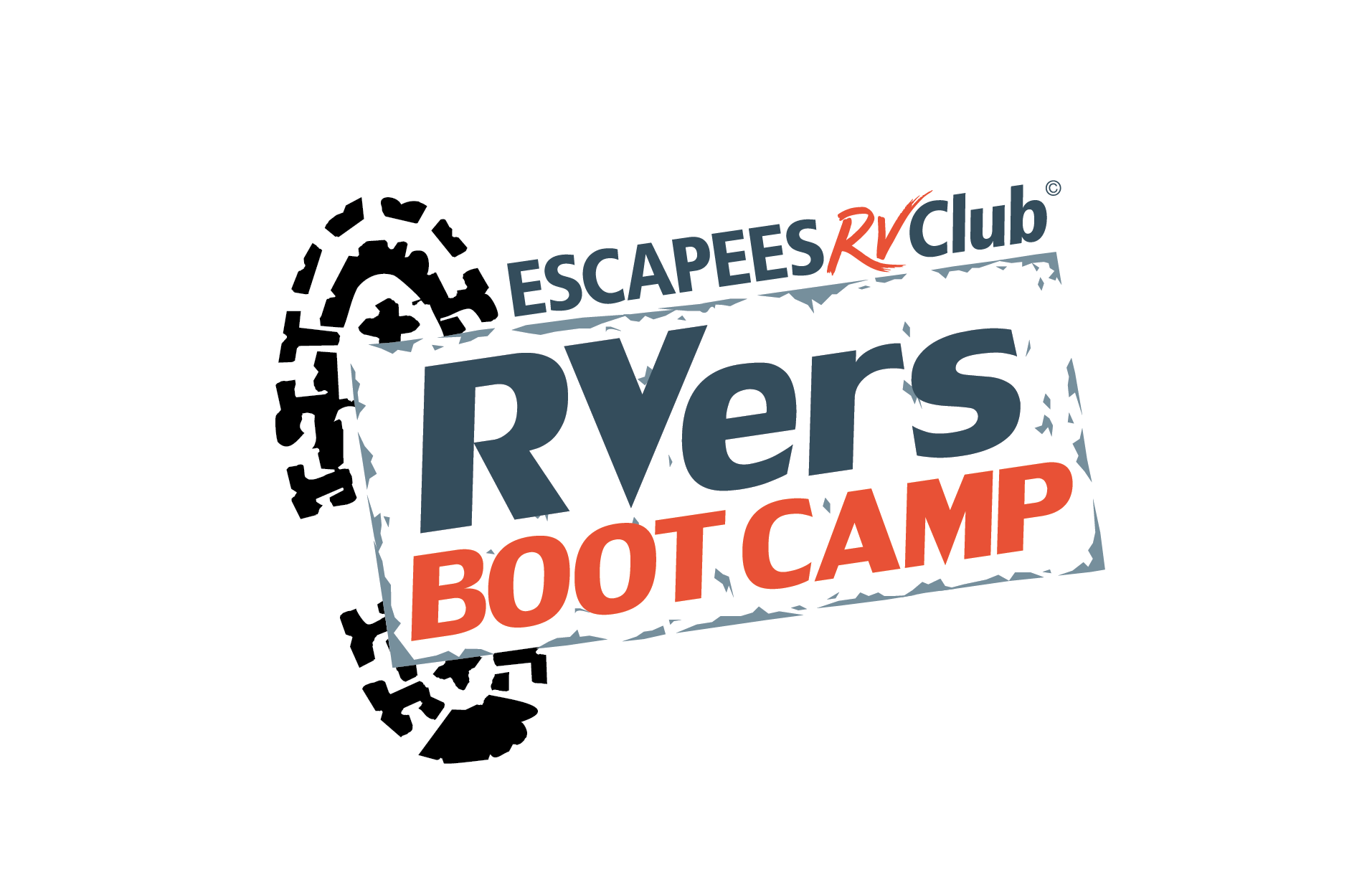


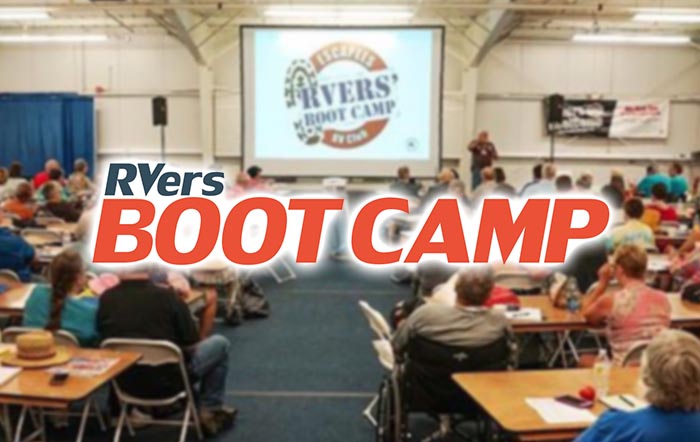
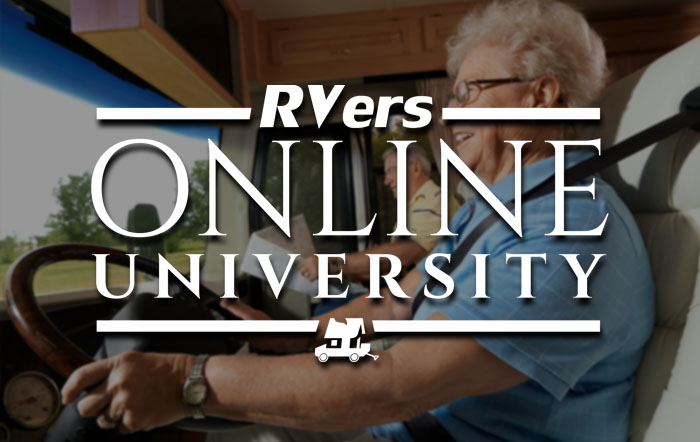

5 Responses
Thank you for this valuable information. We are just now in the beginning stages of selling everything and starting on our new adventure. This answered some of our questions.
GOOD STUFF! Thanx for this seminar.
Martin Frahme, Morristownship, NJ
Do you have any suggestions for a PPO? I’ve heard there is an RV Specific medical insurance provider?
You may want to check out http://rverinsuranceexchange.com/ to see what options they have.
Hi Karen,
We get our insurance through the Florida Healthcare.gov exchange because we are Florida residents. Our policy is with FloridaBlue. If you’re a Florida resident, you’ll have several options for PPOs. I’m not sure about other states, but, like Georgianne said, the RVer Insurance Exchange is a good place to start.